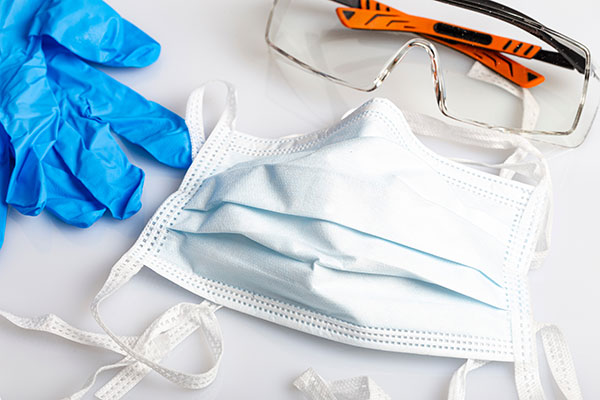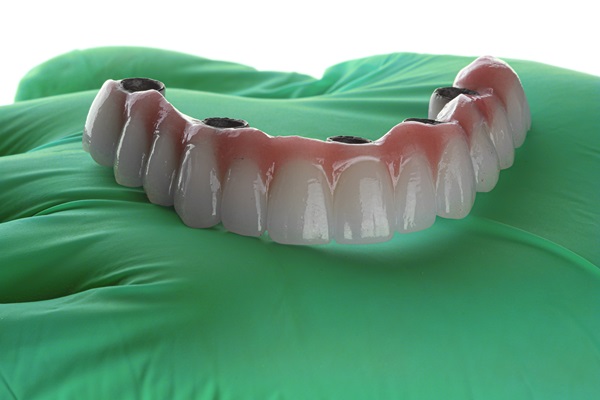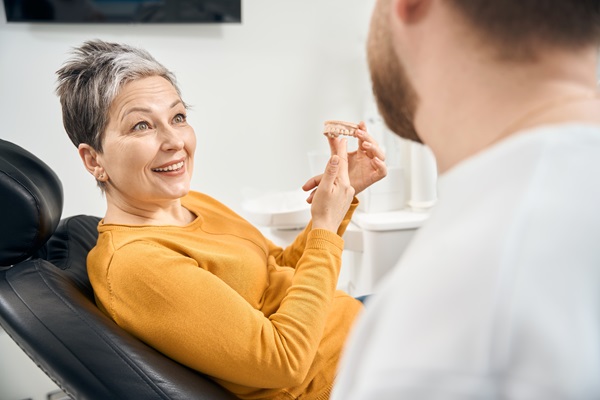How Dental Offices Are Adhering to Infection Control During COVID-19

In light of recent events regarding the COVID-19 outbreak, there is a need to understand how dental offices are meeting infection control guidelines. The Centers for Disease Control and Prevention (CDC) has updated its situation report about the Coronavirus virus. Based on CDC guidelines, the American Dental Association (ADA) has provided a detailed handout for dental professionals on how to handle patient assessment and adhere to infection control measures.
Infection control measures
Dental offices are paying attention to infection control now more than ever, considering how easily the disease spreads. Dental professionals have to work closely with patients and therefore, have developed better ways to handle sterilization and disinfection. Infection control measures in dental offices prevent the spread of the disease.
To keep the patients and the dental staff safe, every exposed surface in the dental office, from dental chairs and drawer handles to dental lights and countertops, have been cleaned and disinfected. Every equipment is covered with protective coverings and changed after every patient. The infection control measures to minimize the risk of transmitting COVID-19 include the following.
Handling dental tools
Before attending to the next patient, non-disposable items like dental instruments are cleaned and sterilized. Disposable dental tools and needles are discarded and never reused. Infection control measures include all dental staff wearing proper personal protective equipment such as masks, gowns, gloves and eyewear. After attending to the patient, they will throw away disposable masks and gloves. Before meeting the next patient, everyone in the treatment department will wash their hands and wear a new pair of gloves.
Dental offices follow protocols suggested by relevant authorities regarding disinfection, decontamination, sterilization and reprocessing of reusable tools and disposing of clinical wastes. They also ensure that sterile instruments are safe from recontamination by using proper barrier packaging. Single-use tools are used if sterilization is not possible. They exercise care when handling sharp tools, take them away after use and dispose of them in a puncture-resistant container.
Biopsy specimens are handled cautiously and stored in leak-proof containers as recommended. Disinfection protocols are used for prostheses, instruments, impressions and relevant items moved into and from the dental lab.
Appropriate hand hygiene: Every dental professional will wash their hands with non-antimicrobial soap and water, an alcohol-based hand sanitizer, or antiseptic handwash after encountering possible respiratory secretions and contaminated tools or materials.
Proper respiratory hygiene and cough etiquette: Keep the mouth and nose covered when sneezing or coughing, if possible, with one's arms, not hands. The nearest waste container is for disposing of tissues, and the next step is to clean the hand properly.
Proper contact precautions: Dental professionals will identify patients with acute respiratory conditions during check-in, place them in a single-patient room and keep the door shut.
In conclusion
Members of the dental healthcare team are obligated to stay updated with the diagnosis and management of infectious diseases that can spread in the clinical setting, comply with standard precautions and the transmission-based precautions as established by the relevant bodies and take proper measures regarding infection control to keep themselves and their patients safe against infections.
Request an appointment here: https://parsonspointedentalcare.com or call Parsons Pointe Dental Care at (770) 538-1203 for an appointment in our Johns Creek office.
Check out what others are saying about our services on Yelp: Read our Yelp reviews.
Recent Posts
When it comes to replacing lost teeth, there are many options available, including implant supported dentures. Therefore, patients should consider the pros and cons of each treatment. The dentist will help patients determine the option that is suitable for each situation. Keep reading to find out when a dentist might recommend implant supported dentures.Dentures are…
There are currently many dental restoration options for individuals with dental issues. Read on to learn about available dental restoration choices. Gone are the days when individuals had to feel self-conscious about their teeth for the rest of their life. Due to the prevalence of tooth decay, most people are familiar with dental fillings, but…
A family dentist can help you maintain your healthy teeth and gums. Regular checkups enable the dentist to perform a thorough dental exam. This can help identify dental issues early. Here are the details on how a family dentist performs a dental exam.Every dental exam will begin with a thorough evaluation of the patient’s dental…
Are you looking into broken tooth restoration options? When someone breaks one of their teeth, treatment depends on the severity of the break. General dentists recommend early treatment for the highest chance of a successful restoration. Teeth can break for several reasons, and understanding the cause can help dictate the restoration. For example, individuals that play…


